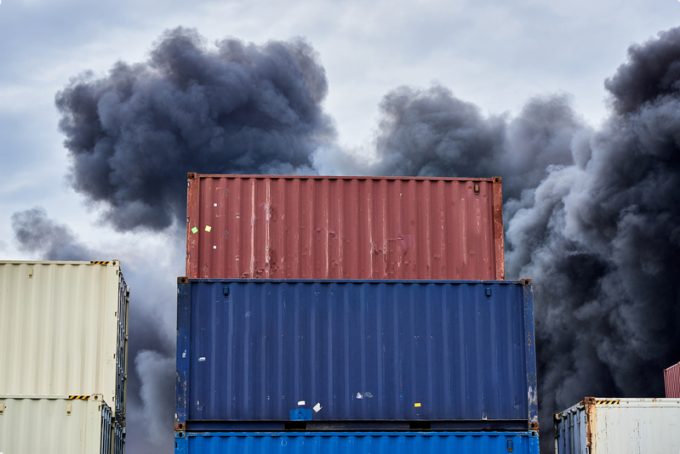Storm warning: another active Atlantic hurricane season predicted
TT Club has been investigating the probability of the damaging extent of this year’s hurricane ...

Poorly packed containers and shipper misunderstanding of the dangers of some non-hazardous cargo could result in more than $6bn in annual damages to the supply chain.
Leading freight and transport insurer TT Club has renewed its call to shippers and other cargo interests to “take responsibility ...
MSC switches two more Asia-Europe port calls from congested Antwerp
Front-loading frenzy has made traditional H2 peak season 'unlikely'
Tradelanes: Export boom in Indian sub-continent triggers rise in airfreight rates
Carriers introduce surcharges as congestion builds at African ports
Mexican airport modernisation plan unlikely to boost cargo facilities
Ports and supply chain operators weigh in on funding for CPB
Box ship overcapacity threat from carrier appetite for new tonnage
Tradelanes: Overcapacity on Asia-S America impacting alliances and rates

Comment on this article